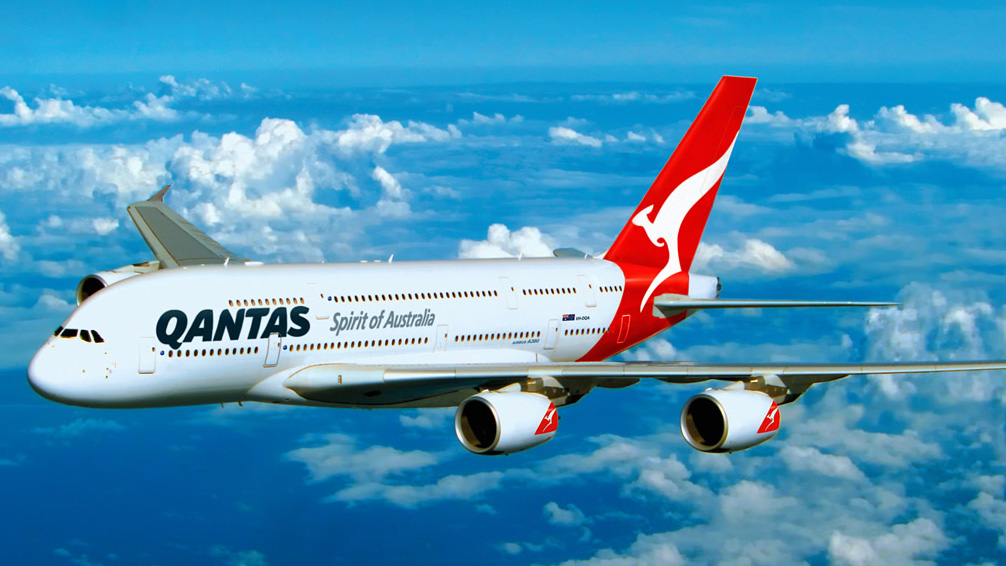The rejection is thought to have been influenced by strong opposition from Qantas and a major legal issue that occurred at Doha’s Hamad International Airport in 2020.
Qantas CEO Alan Joyce has stepped in to the ongoing debate surrounding Australia’s rejection of additional Qatar Airways flights, suggesting sky-high airfares have started to moderate.
Joyce’s comments comes after industry insiders claimed adding more Qatar Airways flights into Australia would immediately reduce prices, and appears to be aimed at putting to bed concerns over a lack of supply and rising demand.
“There seems to be a focus on Qatar and people are missing all of this extra capacity that’s a lot bigger than they were asking for,” Joyce said in Sydney on Thursday.
“Where we have free trade agreements there’s huge access to capacity.”
The demand for international air travel from Australia continues to outstrip supply, with Qantas operating around 400 international flights per week from the east coast capital cities, compared to Qatar’s existing 28-flight schedule.
Qantas’ announcement of a full-year cash pre-tax profit of $2.47 billion marks a $4.3 billion reversal from a $1.86 billion loss incurred 12 months ago.
“Flight delays and cancellations have largely returned to pre-COVID levels and we’ve shifted from heavy losses to a strong profit and pipeline of investment worth billions of dollars,” he said.
“We safely flew almost 70 billion more seat kilometres and doubled the number of people we carried to 46 million compared to the year before. Travel demand is incredibly robust and we’ve taken delivery of more aircraft and opened up new routes to help meet it.”
Joyce pointed to a “substantial turnaround” in financial position and service delivery, highlighting strong profits, reduced delays, and a pipeline of investment worth billions of dollars.
“We safely flew almost 70 billion more seat kilometres and doubled the number of people we carried to 46 million compared to the year before. Travel demand is incredibly robust, and we’ve taken delivery of more aircraft and opened up new routes to help meet it,” he said.
Revenue for the 12 months to June 30 was $19.8 billion, a $10.7 billion increase from the prior year. While Qantas has faced criticism for charging high prices since the post-pandemic reopening, Joyce indicated that fares were beginning to decrease.
In addition to positive financial figures, Qantas has announced an on-market share buyback of $500 million, and its shares were up 1.9 percent in early trade to $6.28 each.
As Qantas continues to report strong growth, the controversy over airfares and Qatar’s additional flights remains a significant discussion point within the industry.
Qatar Airways’ rejected request
Australia’s shadow finance minister has vehemently condemned the federal government of Australia’s rejection of Qatar Airways’ request to increase its flight capacity into Melbourne, Brisbane, and Sydney by an additional 21 flights a week.
Jane Hume said the move, which has sparked widespread controversy, would aggravate Australia’s cost of living crisis.
The rejection, which took place in July, is thought to have been influenced by strong opposition from Qantas and a major legal issue that occurred at Doha’s Hamad International Airport in 2020.
While the government has not yet clarified its reasoning, industry groups have also voiced their dissatisfaction. Several aviation and tourism associations have criticised the appeal rejection, calling it a “bad outcome” for the sector.
In 2022, Qatar Airways entered into a code-sharing agreement with Virgin Australia, allowing the two airlines to coordinate flight operations on multiple international routes.
However, Qantas, who opposed Qatar’s expansion appeal, has maintained its dominant position, controlling a large market share of international flight traffic.
Christian Bennett, Virgin Australia’s Head of Sustainability and Corporate Affairs, expressed disappointment with the decision, warning that it would unintentionally damage Virgin’s market value to the benefit of Qantas.
“The unintended consequence is that it negatively impacts the competitive position of Virgin Australia domestically and internationally in favour of our larger rival,” he said at the Senate inquiry on Monday.







